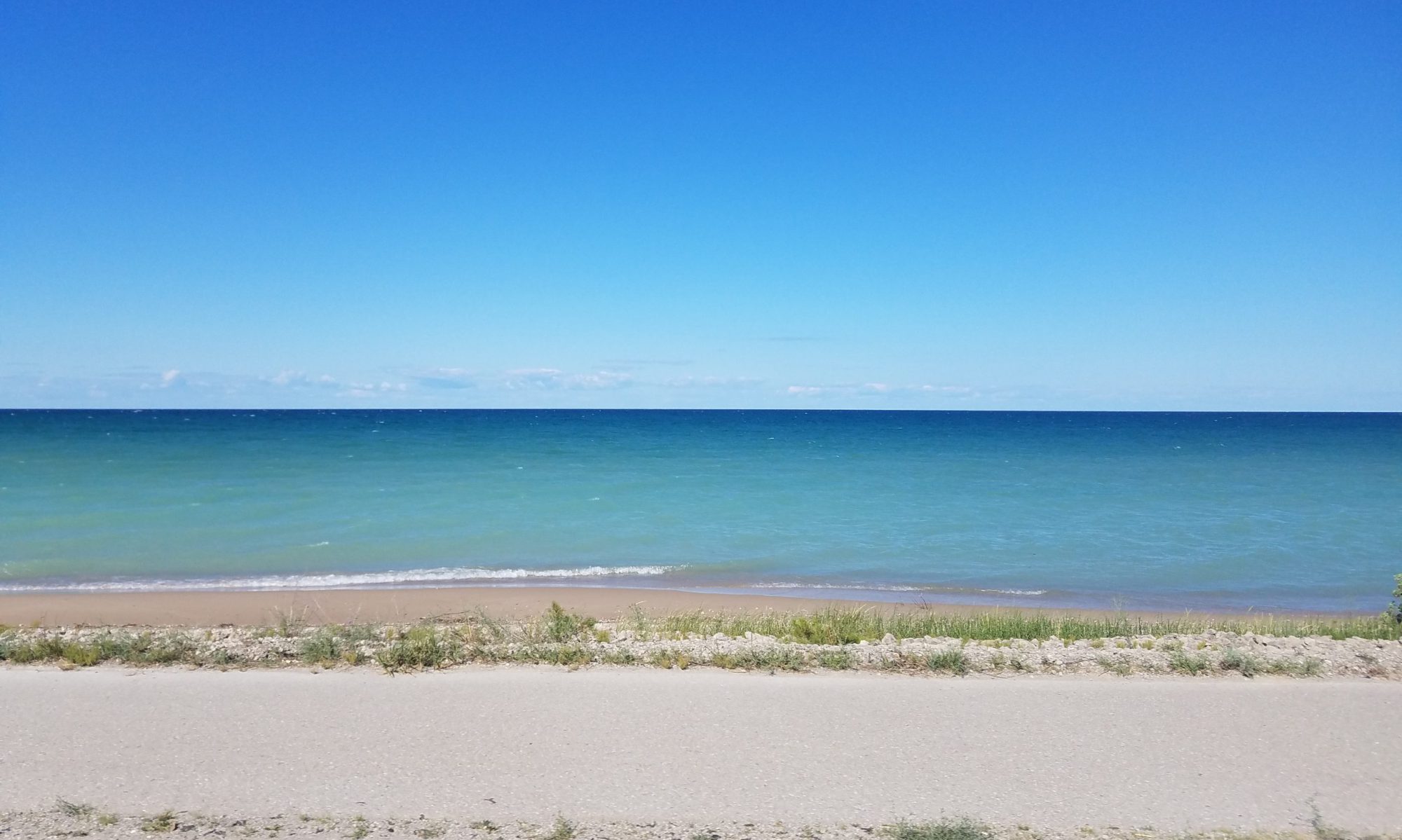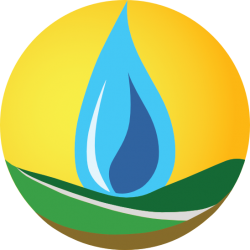Remotely Sensing Irrigation with Multi-Platform Imagery, Cloud Computing, and Machine Learning
Project Description
The Hydrogeology Lab at Michigan State University (hydrogeology.msu.edu) seeks a summer 2018 Research Experience for Undergraduates (REU) student for a project involving remote sensing of irrigation, cloud computing, and machine learning algorithms. Irrigation is rapidly expanding in parts of the Midwestern US where farmers have traditionally been reliant on rainfed agriculture. The causes of this expansion are many: shifts in crop prices, new/different crops being grown, more efficient technologies, government incentives for adoption, and the desire to reduce risks from changing rainfall patterns. The effects of this rapid expansion will reverberate throughout the hydrologic cycle, impacting water supplies, stream flows, land-atmosphere feedbacks, and water quality.
This project consists of three primary components: 1) working with remote sensing data from different platforms within cloud-based tools such as Google Earth Engine, 2) developing a robust training and validation dataset for machine learning algorithms, and 3) helping to improve those algorithms and incorporate advances from the fields of deep learning and artificial intelligence.
Despite the importance of irrigation to the hydrologic cycle in agricultural regions, very little data are available on its spatial and temporal extent. Our lab has been working to create Annual Maps of Irrigation (AIM) in the High Plains Aquifer region, as well as within southwestern Michigan. Within this REU project, we seek to expand those efforts and apply data from latest generation satellite platforms to supplement more traditionally-used Landsat data for irrigation mapping. The REU student on this project would build upon existing methodologies within Google Earth Engine (GEE) to integrate these latest products.
Additionally, the student will work to develop more robust validation and training data for classification algorithms, including working with the MSU Kellogg Biological Station’s Long-Term Ecological Research (KBS LTER) personnel to identify farms being actively irrigated during the 2018 growing season in order to obtain in-season irrigation data. Other sources of data might include aerial imagery that would be used to provide development validation data for the machine-learning algorithms running on the GEE platform.
Deep learning, which is commonly used to refer to an advanced class of artificial neural network algorithms, has made tremendous strides in the fields of language, image, and pattern recognition. These developments are beginning to be applied to remote sensing applications both commercially, and within academia. We hope to improve on the machine learning algorithms previously used in our irrigation classification work by incorporating deep learning for irrigation detection.
Fellowship Description
The ideal candidate will be motivated and interested in developing research skills. Previous experience working with GIS/remote sensing data, and some exposure to coding with scripting languages (e.g. R, Python, MATLAB), would be beneficial. Regardless of background, the candidate must be eager to learn new techniques and be tenacious in the face of early setbacks. We will provide ample opportunities for guided self-instruction, and a community focused on similar topics and methods. Our lab is large (20+ active researchers at all levels) and active, working on projects spanning the Great Lakes, US, and the globe.
The position will be for 11 weeks, from May 21 – August 3, 2018 and will be based at MSU in East Lansing MI. The student will need to find housing on campus or nearby campus. The student will work on average 40 hours a week and receive a stipend of $8000 to cover housing, living expenses, travel to MSU, and up to $500 in research supplies. The stipend will be paid in two payments, June 15 and July 15, 2018. Any travel for field research, presentations, or meeting off campus will be covered by the mentor’s lab.
The student will be responsible for 1) meeting all requirements of their mentor, 2) writing a blog post about their research for the KBS LTER website, 3) attending a professional development seminar at KBS on creating research posters on July 10, and 4) presenting a professional research poster at the KBS summer research symposium on August 1, 2018 at KBS.
This project is funded by the National Science Foundation’s Kellogg Biological Station Long-term Ecological Research (KBS LTER) program. Priority will be given to non-MSU students who may not have many research opportunities at their college or university and under-represented minority students. Please note, students must be a U.S. citizen to apply.
Apply by sending CV or resume, unofficial transcript, and a 1-page statement of interest describing why you are excited about this opportunity and what makes you an ideal candidate to Dr. Anthony Kendall at kendal30@msu.edu. Apply by March 1, 2018 for full consideration, applicants will be accepted through March 15th, 2018. Please email Dr. Kendall or Dr. David Hyndman (hyndman@msu.edu) with any questions.

